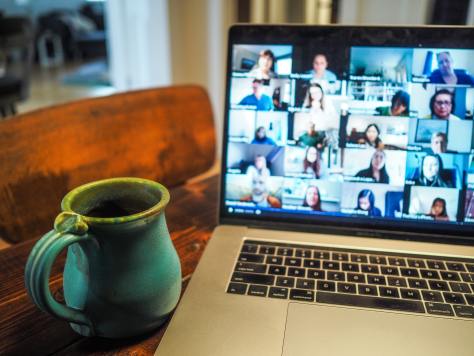
Monday evening saw an announcement from the Prime Minister that England was going to again go into a national lockdown, there were similar announcements from the devolved administrations.
Schools and colleges were to close to all students except for children of key workers and vulnerable children.
Unlike the first lockdown where universities across the UK initially unilaterally closed their campuses and sent students home, this time, as they did in November, the Government has provided guidance to universities on what they should be doing.
Unlike in March, in November universities were able to continue to deliver in-person teaching for specific groups.
This time however, though some students are able to return for in-person face to face teaching, other students were expected to remain at home.
Those students who are undertaking training and study for the following courses should return to face to face learning as planned and be tested twice, upon arrival or self-isolate for ten days:
-
-
-
- Medicine & dentistry
- Subjects allied to medicine/health
- Veterinary science
- Education (initial teacher training)
- Socialwork
- Courses which require Professional, Statutory and Regulatory Body (PSRB) assessments and or mandatory activity which is scheduled for January and which cannot be rescheduled (your university will notify you if this applies to you).
-
-
Students who do not study these courses should remain where they are wherever possible, and start their term online, as facilitated by their university until at least Mid-February. This includes students on other practical courses not on the list above.
We have previously published guidance to universities and students on how students can return safely to higher education in the spring term. This guidance sets out how we will support higher education providers to enable students that need to return to do so as safely as possible following the winter break.
If you live at university, you should not move back and forward between your permanent home and student home during term time.
For those students who are eligible for face to face teaching, you can meet in groups of more than your household as part of your formal education or training, where necessary. Students should expect to follow the guidance and restrictions. You should socially distance from anyone you do not live with wherever possible.
This third national lockdown isn’t entirely unexpected with the increase in case numbers and hospital admissions, however it does mean that universities will need to move to a remote teaching model as they did back in March.

Will it be easier this time around?
As there was a phased return of students to campus, I suspect a lot of universities will have had their plans in place already. A few extra weeks will need to be added, but there is time (and hopefully the experience) to quickly switch from in-person to online. Staff will have the necessary technical skills now, gained through hard experience the first time Some staff will need to be on campus for in-person teaching and that creates new challenges as well.
I do think, will they have adjusted their models of delivery to avoid just translating their curriculum, and will ensure that the curriculum takes advantage of the affordances of online delivery. Hopefully discussions would have taken place about what worked well last time and what needed to be improved. Students may also be in a better place, less of a shock this time. There are still issues with digital poverty, do all the students have the right devices and connectivity to learn online>
As with the first lockdown, this isn’t about switching some of the course online, as everything has to be delivered online, no blended learning here for most students. No doing what works well online and doing other parts of the course in-person. In addition we have the stress and pressures of a lockdown as well with social distancing, self-isolation, increased risk of infection from the variant virus, as well as home schooling and a stay at home policy.

In the first lockdown one of the things I noticed as the education sector moved rapidly to remote delivery was the different models that people used. However what we did see was many people were translating their usual practice to an online version. As part of my work in looking at the challenges in delivering teaching remotely during this crisis period I had been reflecting on how teaching staff can translate their existing practice into new models of delivery that could result in better learning, but also have less of detrimental impact on staff an students. So I decided to write a series of blog posts about translating existing teaching practices into online models of delivery, which proved useful and popular with people.






















